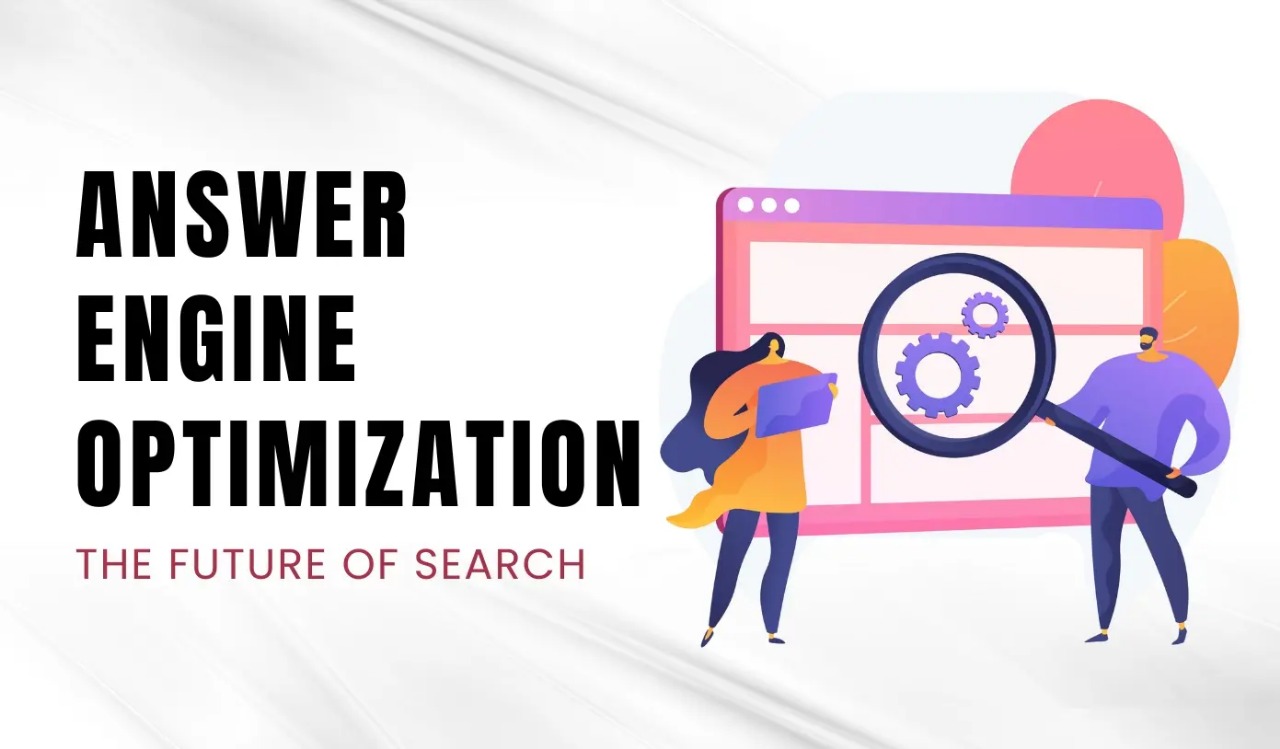
Follow WOWNEWS 24x7 on:
Updated: August 07, 2025 07:28

The digital landscape is undergoing a seismic shift. Traditional search engines, once the gatekeepers of online visibility, are being rapidly overtaken by AI-powered answer engines. These new systems don’t just return links—they deliver direct, synthesized responses tailored to user context, memory, and intent. For marketers, content creators, and businesses, this evolution demands a radical rethink of how information is structured, optimized, and surfaced.
Key highlights from the transition
- AI-powered answer engines use probabilistic models, not deterministic rankings, to deliver dynamic, conversational results
- They incorporate memory of prior interactions, user preferences, and real-time data to refine responses
- Traditional SEO metrics like backlinks and keyword density are giving way to semantic clarity, entity relationships, and AI citations
Understanding the shift: Search vs. Answer engines
1. Traditional search engines
These systems rely on keyword matching, backlinks, and static page architecture. A user types a query, receives a ranked list of links, and typically ends the session. Each query is treated independently, with no memory of past interactions.
2. AI-powered answer engines
These platforms—like ChatGPT, Google Gemini, and Perplexity—deconstruct queries into sub-questions, synthesize responses from multiple sources, and deliver direct answers. They anticipate follow-up questions and operate continuously, even across sessions.
3. User experience
Instead of “10 blue links,” users now receive summaries, product recommendations, or nuanced insights. The result is a zero-click experience where the answer is the destination, not the link.
How to optimize for answer engines
- Structure content for clarity
Use concise summaries, clear headings, and entity-rich language. AI systems prioritize content that’s easy to parse and cite.
- Focus on semantic relevance
Move beyond keyword stuffing. Emphasize relationships between concepts, context, and user intent.
- Build trust and authority
Answer engines favor sources that demonstrate expertise, reliability, and consistency. Invest in thorough research and transparent sourcing.
- Use structured data
Schema markup and passage-level tagging help AI engines interpret and surface your content accurately.
- Anticipate user journeys
Design content that answers not just the initial query but also potential follow-ups. Layered insights improve retention and engagement.
Why this matters for marketers
- Visibility is no longer about ranking—it’s about being the answer
- Brands that adapt to answer engine optimization (AEO) will dominate conversational interfaces and voice search
- The shift favors quality over quantity, making thoughtful, well-researched content more valuable than ever
Looking ahead
- AEO is not a replacement for traditional SEO but a necessary extension
- Businesses must integrate both strategies to remain visible across the evolving search ecosystem
- As AI continues to shape discovery, the ability to deliver context-rich, trustworthy answers will define digital success
Sources: MSN, Search Engine Land, SEOteric, CXL.




